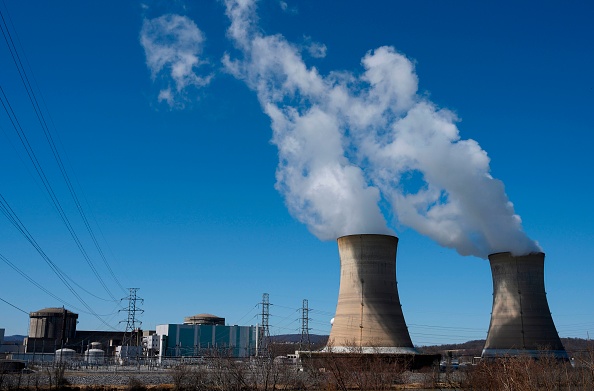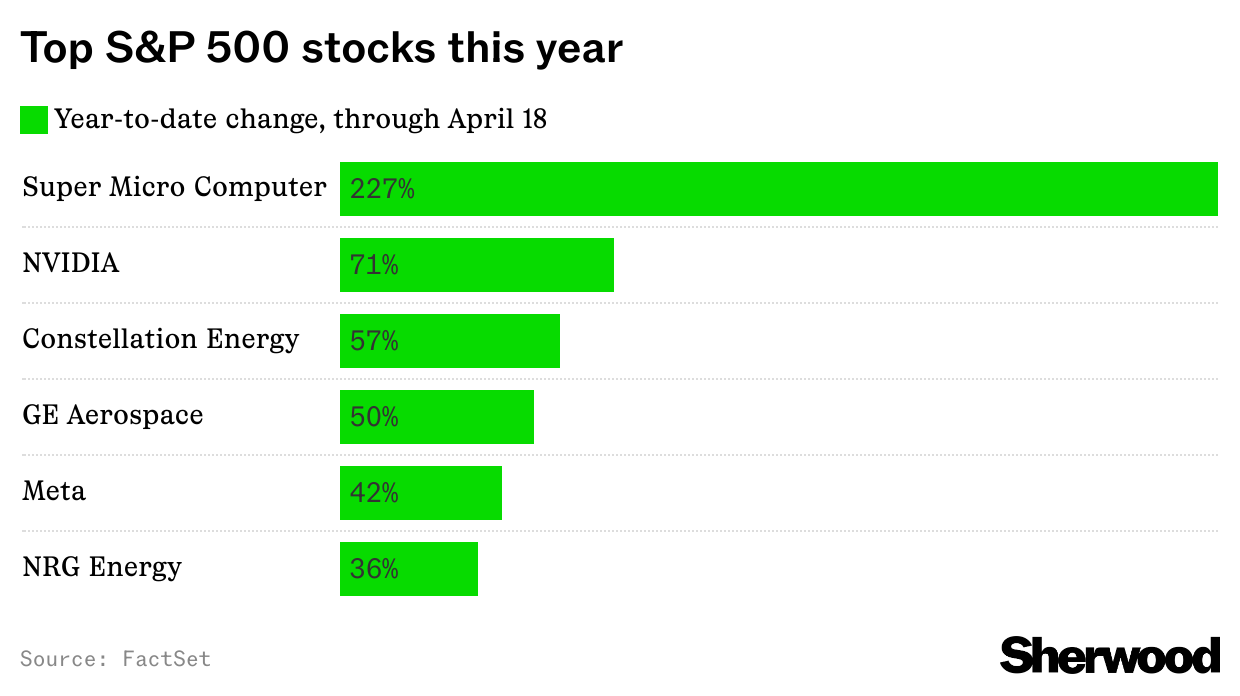Hey Snackers,
A mafia fugitive was caught by Italian police thanks to his YouTube cooking show. He was just trying to make a nice spaghetti bolognese...
Stocks climbed to record highs (again) yesterday, as investors reacted to the surprisingly awesome March jobs report. Job gains were strongest in leisure and hospitality — a strong sign of economic rebound.
Vote
Georgia's new voting restrictions spark major pushback from corporate America
ICYMI... Georgia made big changes to its voting laws — and they've received a lot of pushback. In case you didn't have time to read the 98-page law, we've highlighted a few key changes:
- New ID requirements for absentee voters. Like: providing their driver’s license number, the last four digits of their social, or some other form of accepted ID to request ballots.
- Shortened absentee voting: Absentee ballots can be sent out only 29 days before an election, down from 49 days.
- Expanded weekend early voting, requiring at least two Saturdays (up from only one weekend day).
- Guaranteed (but limited) drop boxes: Now, each county must have at least one absentee drop box. But the law limits how many boxes each county can have, how long they can be open, and where they can be located.
- No hand-outs: The law makes it a misdemeanor to hand out “any money or gifts," including snacks and water to people standing in line to vote.
Back to the pushback... While GOP lawmakers say the law is necessary to restore confidence in Georgia's elections, Democrats say it'll restrict voting access for underrepresented voters — especially people of color. Now, dozens of execs at America's biggest companies are speaking out against the law, including: Apple, Microsoft, and American Express. Patagonia compared the laws to Jim Crow bills. And Georgia's biggest corporations are getting vocal:
- Delta CEO Ed Bastian: “The entire rationale for this bill was based on a lie: that there was widespread voter fraud in Georgia in the 2020 elections. This is simply not true.”
- Coca-Cola CEO James Quincey: The Georgia law is "wrong and needs to be remedied, and we will continue to advocate for it both in private and now even more clearly in public."
Silence is no longer an option. Neither is inaction... Last year, we wrote that 2020 was the year when “no comment” was no longer an option for companies. While 2020 demanded a position, 2021 is demanding action. 72 Black execs have called on corporations to oppose voting restrictions — which have been proposed in dozens of other states, too. The MLB said it would move the All-Star Game from Atlanta in protest. And companies like Dell and American Airlines are already condemning a restrictive voting bill that's advancing in Texas. Companies' action against voting restrictions could set new expectations for how they respond to other key civic issues, too.
Compete
Tesla hits a car delivery record, but it's facing record competition
This just in: a S3XY update... Tesla delivered a record ~185K cars in the first three months of the year, beating expectations. That's more than double the # of cars it delivered in the same quarter last year (when Covid hit and factories stalled). Despite global supply chain shortages, it's also slightly up from the previous record-breaking quarter, thanks to strong demand from China. Shares jumped 4% on the news.
- ~99% of Tesla deliveries last quarter were of the $35K+ Model 3 or the $50K+ Model Y crossover (aka: its more affordable models).
Profit is getting Musk-ular... so is competition. Before 2020, Tesla was struggling to post a profit. In 2020, it had its first full profitable year. Now, it's expected to post a $470M profit for the first quarter of 2021 (earnings drop in a few weeks). While Tesla's profits are solidifying, OG carmakers’ electric lineups are, too. GM, Ford, Volkswagen (Voltswagen?), and Renault have been leveling up their EVs... and stealing market share from Tesla.
- Europe: In 2020, Volkswagen beat Tesla to become the top-selling EV maker in Europe. While EV registrations in Western Europe more than 2X'd, Tesla registrations fell 11% — and its market share plunged.
- US: Tesla's EV market share fell from ~79% in 2020, to ~69% this February. The same month, Ford's Mustang Mach-E made up 12% of all-electric vehicles delivered.
- China: Tesla is growing fast, but so are its Chinese rivals Nio, Xpeng, and Li Auto. Their sales have surged this year along with Tesla's.
Tesla has reached escape velocity... Now that it's profitable, its next challenge is battling rivals. For years, Tesla faced virtually no competition. Now the competition has never been tougher... so it's shifting focus. This year, Tesla is aiming to open its first factory in Europe — aka: the world's largest EV market — to gain a stronger foothold against global rivals.
What else we’re Snackin’
- Taxy: Treasury Secretary Janet Yellen is pushing for a global minimum corporate tax rate, to keep the US competitive in case taxes are raised.
- Drop: GameStop may sell up to $1B worth of new shares to capitalize on its stock surge earlier this year — shares fell on the news.
- Judged: The Supreme Court sided with Google against Oracle in a multi-year copyright dispute over Android operating system software.
- Ruled: The Senate’s parliamentarian ruled in favor of the Dems' effort to pass legislation through reconciliation (aka: without Republicans).
- Clean: Harry's, the Millennial shaving company, raised $155M in fresh funding at a $1.7B valuation.
- Thingy: Spotify leaks another look at the "Car Thing," its much-hyped in-car music player (looks like an iPhone with a poorly-placed PopSocket).
.png)

